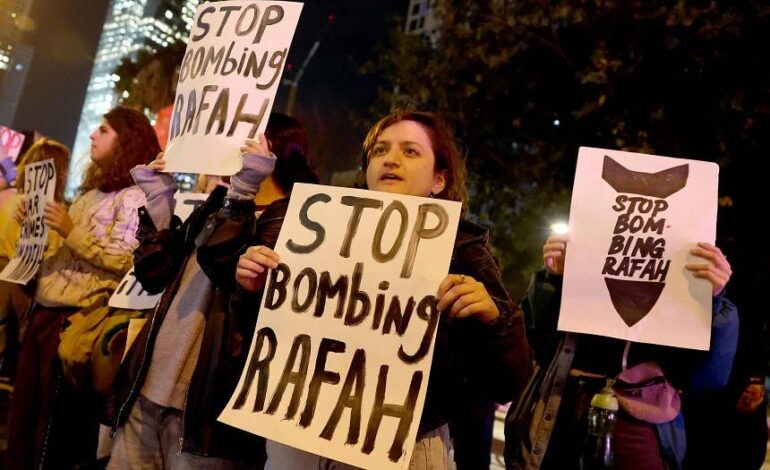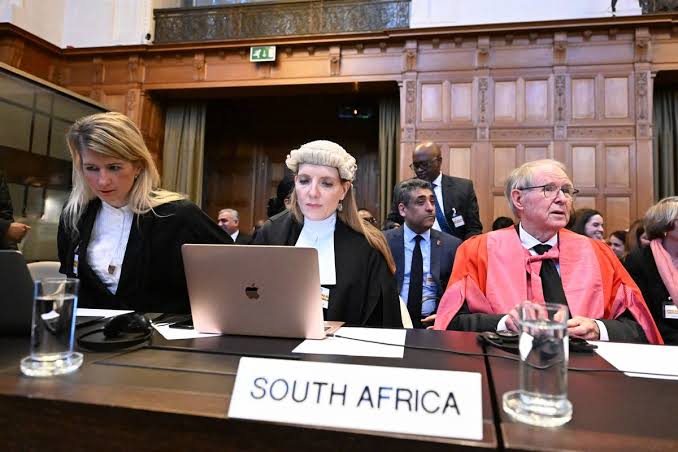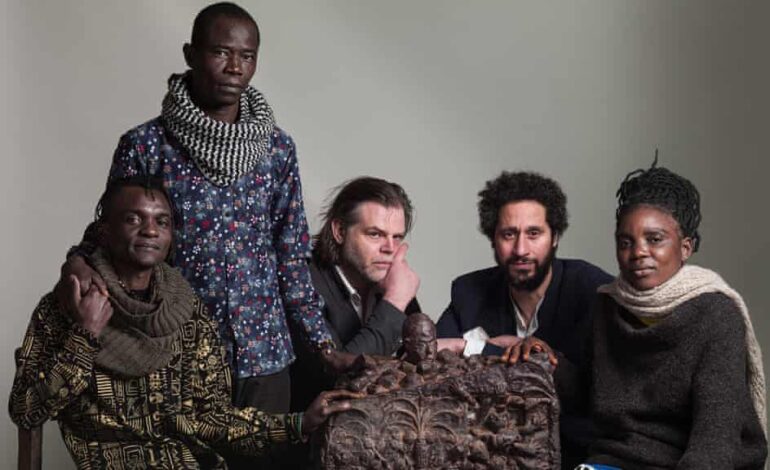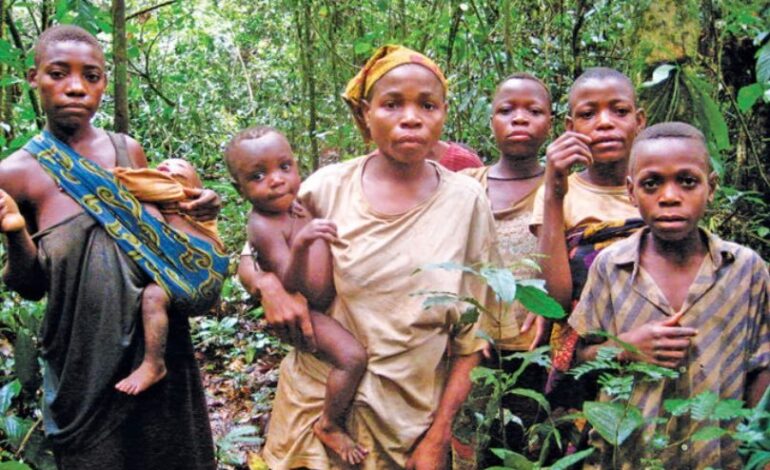
Faith Nyasuguta
South Africa has taken a significant step by approaching the International Court of Justice (ICJ) to consider additional emergency measures in response to Israel’s plan to extend its offensive into the city of Rafah.
Last month, the ICJ had ordered Israel to take all necessary measures to prevent its troops from committing genocide against Palestinians in Gaza, following a case brought by South Africa.
In its request submitted on Monday, the South African government expressed grave concern about the announced military offensive against Rafah by Israel.
The offensive has already resulted in significant harm, and South Africa fears further large-scale killing and destruction, which would be in serious violation of the Genocide Convention and the ICJ’s previous order.
The ICJ, based in The Hague, has not commented on whether it has received the request. In the past, the court has granted additional emergency measures in cases where circumstances on the ground have changed.
The core of the case brought by South Africa is centered on whether genocide has occurred in Gaza. While the court has not ruled on this matter, it has acknowledged the right of Palestinians in Gaza to be protected from acts of genocide.
Israel has consistently denied allegations of genocide, emphasizing its respect for international law and the right to defend itself against threats. The conflict between Israel and the ruling Palestinian Islamist group Hamas has led to widespread devastation in the Gaza Strip.
South Africa’s proactive approach at the ICJ reflects growing international concern about the situation in Gaza and the need for urgent measures to protect the rights of Palestinians. The court’s previous order emphasized the importance of preventing genocide and holding parties accountable for their actions.
As the legal proceedings unfold, the international community will closely watch the ICJ’s response to South Africa’s request for additional emergency measures. The court’s decisions could play a crucial role in addressing the humanitarian crisis and ensuring the protection of civilian lives in conflict zones.

The South African presidency issued a statement highlighting the serious and irreparable breach that an extended military offensive in Rafah would represent, both in terms of the Genocide Convention and the ICJ’s previous order. The urgency of the situation underscores the need for swift and decisive action to prevent further harm and destruction.
While the ICJ has not yet provided comments on the recent request, the dynamics of the case highlight the complex challenges associated with addressing allegations of genocide and ensuring accountability in conflict zones.
The court’s decisions will undoubtedly have broader implications for international law and the protection of human rights in regions affected by armed conflicts.
In the coming weeks, as legal proceedings unfold, the world will closely follow developments at the ICJ, hoping for measures that prioritize the safety and well-being of civilians caught in the crossfire of conflicts.
The ongoing situation in Gaza emphasizesthe critical role that international institutions play in promoting justice, peace, and the protection of human rights on a global scale.
RELATED:




